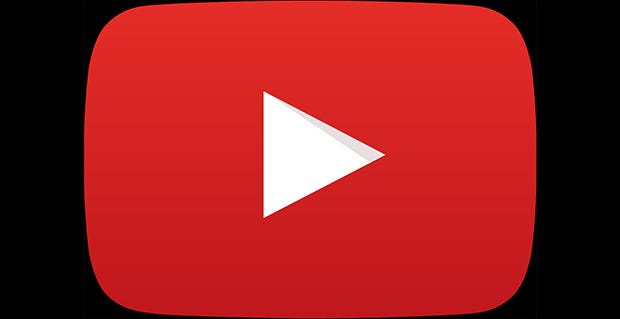A Storm In YouTuber Heaven
Meanwhile, in the wild west...
It wouldn't be a Wednesday without a scandal in gamesjournalismland. Or a Thursday. Or a Friday. Weekends we tend to take off from shouting at each other. Or a Monday. Or a Tuesday. The latest debate around the many methods and moralities of talking about videogames on the internet has burst the confines of its usual teacup-based home, concerning as it is does the murky issue of prominent games YouTubers offering coverage in exchange for cash.
It's a big and complicated affair, involving presenters with audiences consistently in the millions, game-makers who have seen the usual pathways to players' wallets change dramatically - and in many cases lucratively - in a very short space of time, and old media (hello!) who thought until recently that they were safely new media, but now fear for both their own future and the future of relatively impartial games discussion. I'm not going to attempt too much summarisation because of said complexity, but also because as someone who's been suffering sleepless nights about the sustainability of his career, I'm not sure I can realistically document what's happened without sneering or sticking the knife in.
I'm working on coming to terms with the great shift from words to video, but in the meantime I shall pass you over to the sterling work of Mike Rose on Gamasutra and Simon Parkin on Eurogamer, who unwittingly published near-simultaneous and highly revealing investigations into the covert and lucrative operations of big YouTubers. In a nutshell: publishers and developers are paying them for coverage, and in many instances that they've done is not entirely visible.
Simon discovered in his piece that John 'TotalBiscuit' Bain was the only big video personality prepared to go on the record about the sorts of paid coverage deals that are doing the rounds, which perhaps says much about what's going on behind the scenes on other channels. In response to Mike's piece the day before, Bain also pledged to make disclosures about which of his videos are promotional much more obvious, with a pre-video splash screen instead of the easily-missed text disclaimers in video descriptions that are now the norm.
It's reasurring that there's been progress towards greater transparency, but it now seems impossible that promotional videos - whether overtly or covertly - will cease to be big business. Bigger business, I think, than traditional games journalism has ever managed to do. Quite a few of these folk make more in a week than I do in a year, and by God I'd be lying if I said I didn't wish I'd encouraged RPS to try its collective hand at Let's Plays a couple of years ago.
Just before all this kicked off, the more kid-orientated Yogscast network earlier this week disclosed 'YogsDiscovery', a programme whereby devs can have videos made about their games if they'll provide a revenue share. Space Engineers is signed up, and despite the reveal causing an awful lot of grumbling about online ethics, I would be extremely surprised if other devs didn't follow suit.
Then you've also got Simon discovering that a prominent YouTuber requested $10k in exchange for a public Facebook Like of a game, and the FTC telling Mike that disclosures about promotional content should "basically be unavoidable by the viewer" - thus throwing a very real legal question onto the activities on many channels. Simon's piece also explores a key conundrum underpinning all of this - are YouTubers journalists, do they pretend to be, and if not should they be held up to the same standards as their keyboard-bound predecessors?
The debate will roll, and more distressing revelations probably await us, but I don't imagine the business it concerns will adjust much. There will be minor mutations in order to stay on the right side of the law I'm sure, but I do believe that - as bitter a pill as this may be - we're looking at the new normal for some time to come.
Oh dear, I tried to summarise (and indeed editorialise) anyway. Dammit, Meer. Old dog/new tricks is the problem really, isn't it? Look, just go read this and this, because they're both really important articles in terms of the future of public games discussion and coverage.
The future is here, and it's full of people with shedloads of charisma and admirable dedication, but it's really scary.


